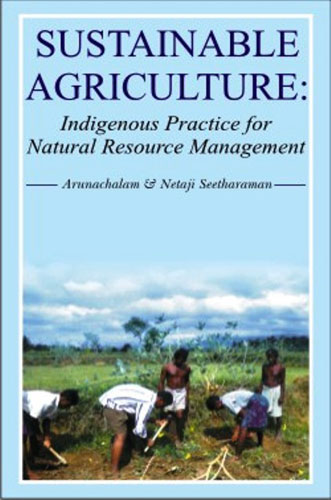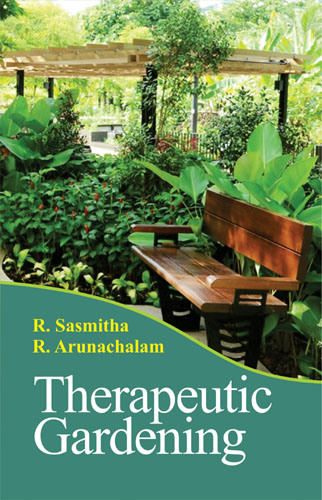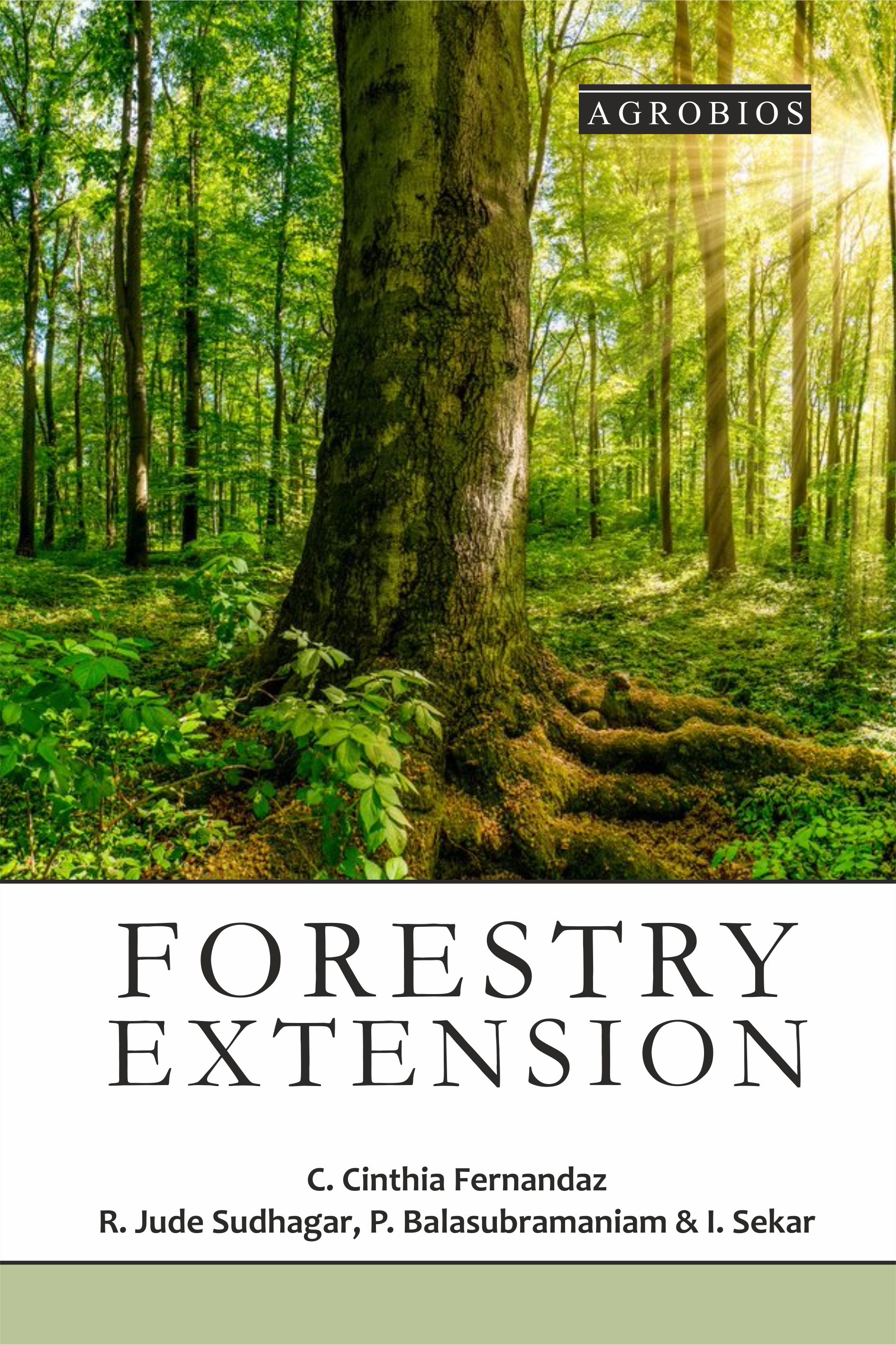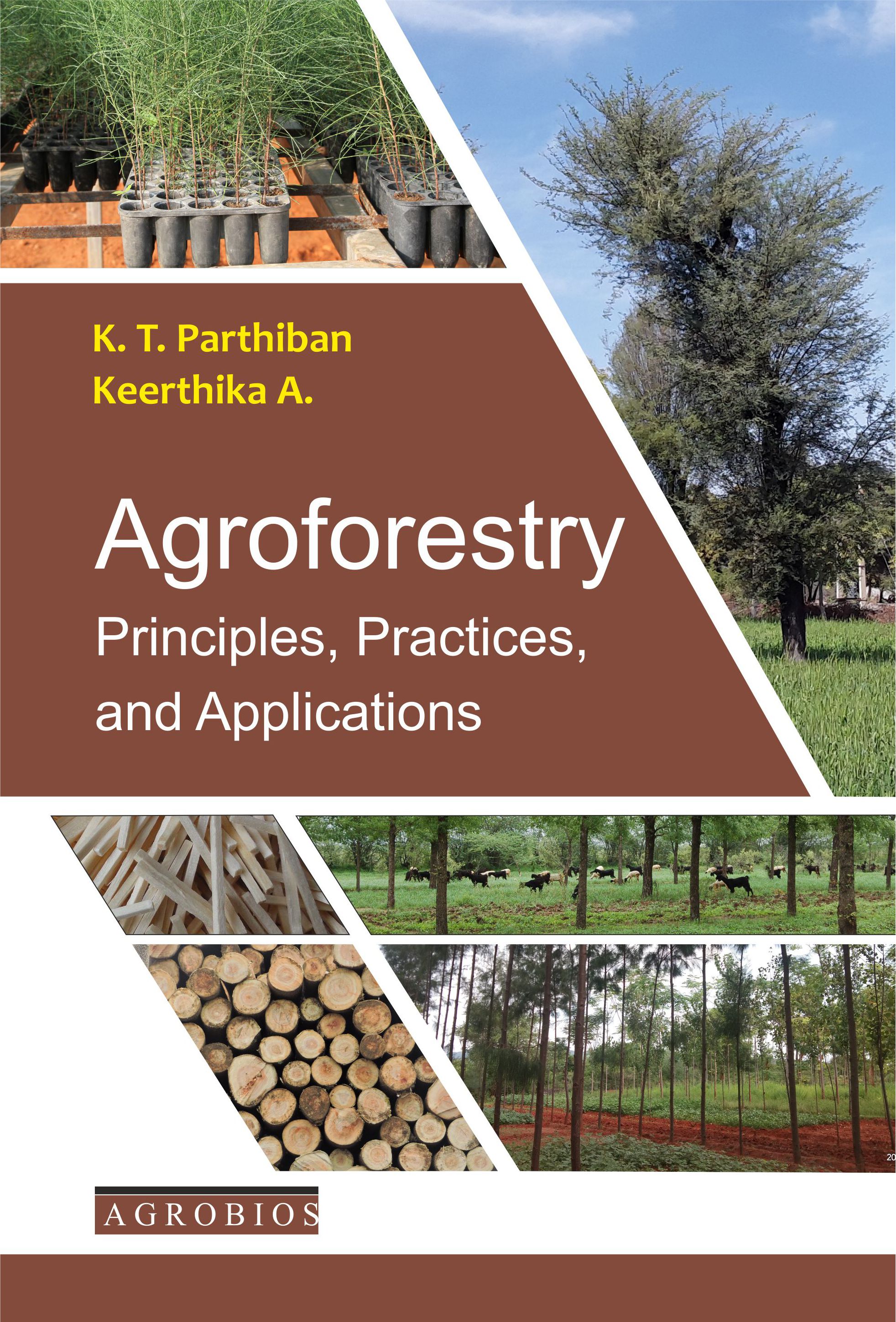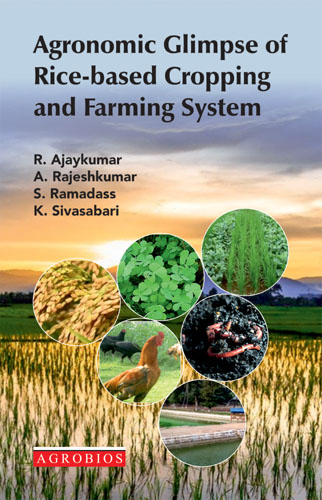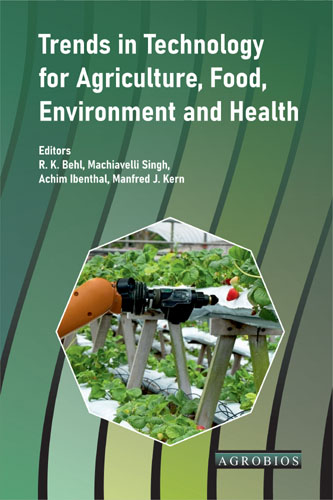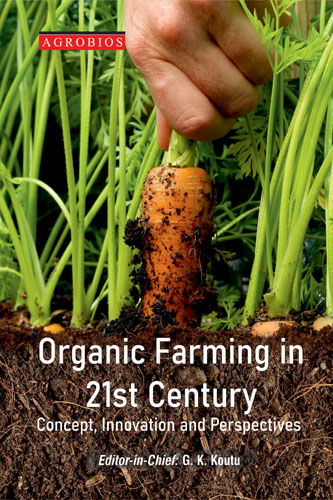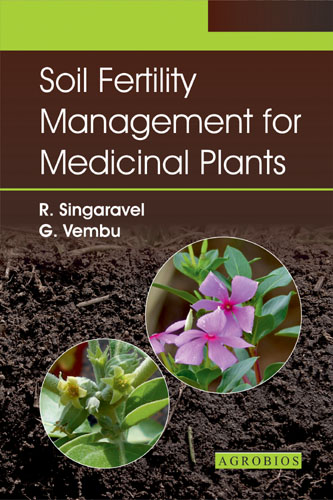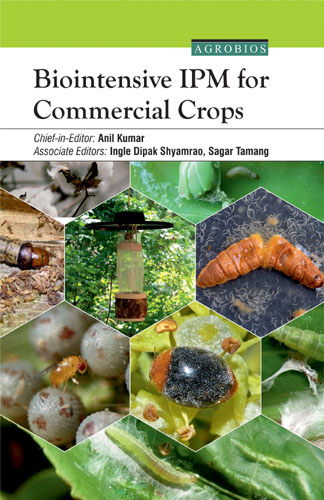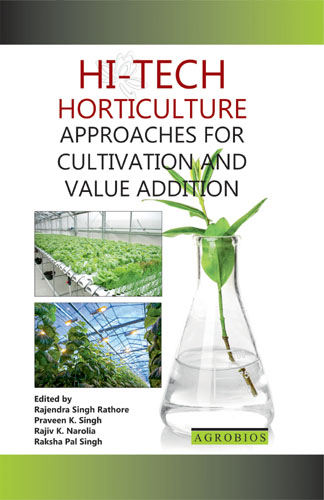Sustainable Agriculture: Indigenous Practice For Natural Resource Management
India is predominantly an agricultural country. Over 75 per cent of its people live in villages and nearly 70 per cent of them depend directly on agriculture. Mahatma Gandhi was never tired of repeating that India lives in Villages. He went to the extent of saying "If the village perishes India will perish too". It is true that the progress and prosperity of our country is very much linked with the growth and development of agriculture.
The biggest challenge that our country was initially faced with after graining independence was to feed the teeming millions of hungry masses. Since our native production then was not enough to meet the requirements of galloping population, we had no option but to move about with begging bowls for food. It was highly demoralizing and humiliating for a poor but great country like ours having a glorious past and very rich and unique natural resource endowments including diverse soil types and climatic conditions, abundant sunlight throughout the year and vast surface and ground water resources. However, the problem of hunger had to be overcome at any cost and this could be possible only by seeking help from other countries having surplus food production. Now, the food grain production has reached the level of self sufficiency. From about 50 million tones at the time of independence, out food grain production has witnessed a quantum jump to over 200 million tones during 2000. We are today the second largest producer of wheat and rice.
But at what cost we could achieve this remarkable production? The abundant use of chemical fertilizers, high yielding varieties, excessive withdrawal of ground water and continuous cultivation of crops and other usage of other high energy external inputs have over strained our natural resources. We lost our soil inherent fertility, surface and underground potential got reduced, soil erosion is more, soil salinisation has increased, resistant species of pest and disease have developed, local and traditional crops and crop varieties have disappeared. Of course, modern technology has today become indispensable for development in any field. However, the significance of traditional technology should not and cannot be undermined if the development has to be sustainable. In the recent years, there has been a great worldwide resurgence of interest in revival of traditional knowledge as a valuable resource for eco-friendly sustainable agriculture. There is growing realization that the present and future challenges of sustainable agriculture and environmental hazards can not be met without integrating traditional knowledge in to modern knowledge.
Prof. Arunachalam R
 555
555
Table of Contents..
- Introduction
- Environmental Issues and Natural Resources
- Natural Resource Management Practices in Agriculture
- Environmental Issues Related with Agriculture
- Awareness and Perception of Farmer Agriculture
- Natural Resource Management Practices in Agriculture
- Awareness and Perception About Natural Resource Management Practices
- Adoption of Natural Resource Management Practices
- A Model Study for Natural Resource Management
- Current Status
- Awareness and Perception of Respondents About Environmental Issues
- Present and Future Status of Natural Resources in Agriculture
- References
- Appendix
Table of Contents..
10.
14.
15.
Book Details
Book Title:
Sustainable Agriculture: Indigenous Practice For Natural Resource Management
Sustainable Agriculture: Indigenous Practice For Natural Resource Management
Book Type:
REFERENCE BOOK
REFERENCE BOOK
No Of Pages:
258
258
Color Pages :
8
8
Color Pages :
8
8
Book Size:
DEMY (5.5X8.5)
DEMY (5.5X8.5)
Weight:
500 Gms
500 Gms
Copyright Holder:
All Rights Reserved
All Rights Reserved
Imprint:
M/s AGROBIOS (INDIA)
M/s AGROBIOS (INDIA)
Readership:
Associated Subjects:
Agronomy , Horticulture , Organic Farming , Soil Science , Sustainable Agriculture , Agroforestry , Crop Ecology And Environment , Dry Land Agriculture , Forestry , Natural Resources Management , Gardening ,
Agronomy , Horticulture , Organic Farming , Soil Science , Sustainable Agriculture , Agroforestry , Crop Ecology And Environment , Dry Land Agriculture , Forestry , Natural Resources Management , Gardening ,



